Larson: Arizona farmers to bear brunt of cuts from Colorado River
sdg06-clean-water-sanitation
Larson: Arizona farmers to bear brunt of cuts from Colorado River
Sustainability scientist Rhett Larson was recently quoted by the Associated Press in an article about anticipated reductions in water the state of Arizona receives from the Colorado River.
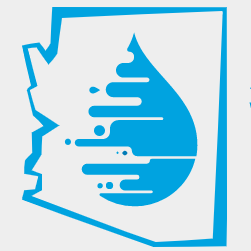
Explore groundwater level changes in Arizona sub-basins
The Kyl Center for Water Policy’s new Arizona Groundwater Level Change App shows what’s happening in sub-basins across the state – where groundwater levels are rising or declining and where more data may be needed.

Kyl Center releases new story map about Arizona’s watersheds
This story map connects our water supply to the landscapes we depend on, both natural and built environments. It drills down into the complex relationships between land and water by examining forest health, wildfires, climate change, and our state’s amazing biodiversity.
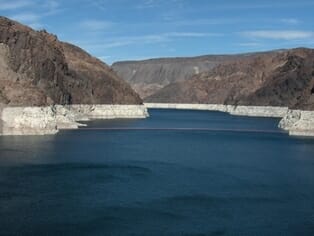
Porter addresses new concerns about state’s precious resource
Sarah Porter of the Kyl Center for Water Policy breaks down the reality of the current state of Arizona’s water supply as Arizona receives second reduction of Colorado River water in two years.
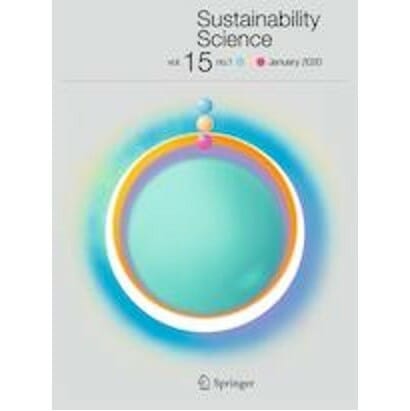
New paper: Modest water policy implementation could offset 30 percent of outdoor demand
A new paper in Sustainability Science finds that the use of alternative water supplies, such as rainwater harvesting and greywater use, could offset up to 30 percent of total outdoor water demand for the Phoenix Metropolitan Area under modest implantation of these policies.
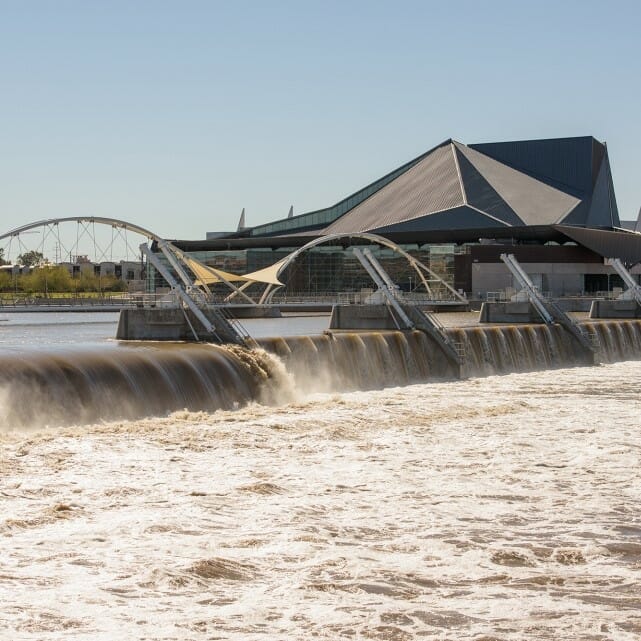
New mapping tool shows holistic view of water in Arizona
The Kyl Center’s newly launched interactive tool visualizes data on desalination projects, habitats, dams and agriculture.

Case Critical Event: Tracing COVID-19 in your Wastewater
Join by Zoom on July 15 for a discussion on an ASU/Tempe research project to detect the presence of coronavirus in wastewater and identify hotspots.

Repeated hurricanes, risks and opportunities to flooding and water quality
A new paper from Center for Biodiversity Outcomes and The Nature Conservancy finds that FEMA flood hazard maps underpredicted the extent of hurricane-induced floods; findings could improve community planning for greater resiliency.

Novel coronavirus detected, monitored in wastewater
A new approach to monitoring the novel coronavirus, known as wastewater-based epidemiology (WBE), can potentially identify levels of coronavirus infection at both a local and global scale.
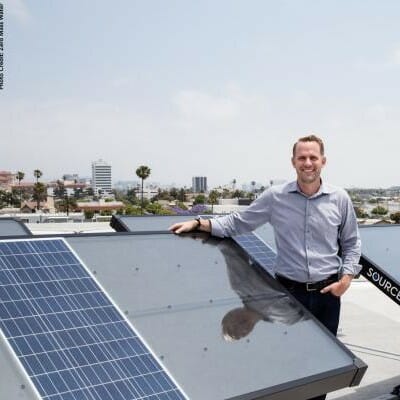
ASU professor creates hydropanels to address water scarcity
According to the United Nations, the year 2050 could see more than 5 billion people suffer water shortages as a result of climate change, increased demand and polluted supplies. This